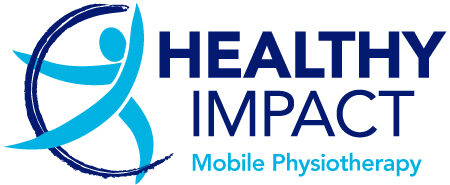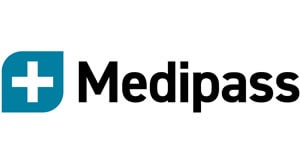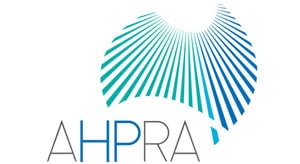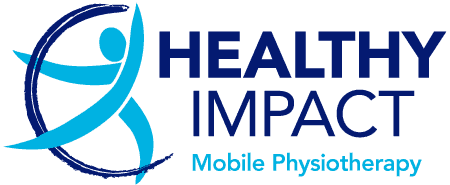Frequently Asked Questions
About Physiotherapy
No. You only need a referral if have a Chronic Disease Management (CDM) plan (formerly Enhanced Primary Care or EPC), a CTP insurance or Workcover QLD claim or you claiming Physiotherapy through Department of Veterans Affairs (DVA).
Initial appointments take 45-60minutes and follow up consultations take between 30-45minutes. To save time please fill in and our electronic forms we send to you prior to our scheduled appointment.
Any X-Rays, scans or other reports and/or medical notes from specialists are very helpful. If you don’t have anything or can’t find them now, then just bring yourself!
Yes. We will ask you to provide your mobile number and email address on your electronic intake form or at your initial appointment so that we can send you a reminder about your appointment.
We recommend wearing comfortable and suitable clothing for your assessment, for example a singlet for shoulder or neck problems and shorts for leg/lower limb or back/pelvic injuries.
No. Our aim is to provide treatment with the least amount of pain as possible. Some treatment techniques can be uncomfortable but should always be at a level that is tolerable for the patient. Some people experience mild soreness for a day or two after treatment, like after mild exercise. It is important to provide honest and open communication with your practitioner so If this soreness persists or increases significantly, please call your practitioner to discuss your concerns.
By the end of your first consultation your Physiotherapist will be able to provide you with a treatment plan including the number of anticipated treatments. We aim to minimise the number of appointments you will need, being actively involved in your exercise program will help us achieve your goals within the anticipated time.
Physiotherapy can be covered by Medicare but you need a referral from your GP under a Medicare Chronic Disease Management plan.
You may be eligible for up to 5 Allied Health (ie. Physiotherapy, Podiatry) sessions per year covered by Medicare. Your GP must decide whether or not your injury is appropriate to be treated under this scheme.
Yes, if you have ancillary (Physiotherapy) cover on your Private Health you should receive a rebate on our services.
Please remember that rebates and services covered vary between insurers and policies. We recommend that you check with your individual health fund to find out exactly what you get back.
Yes. We use Medipass to process your private health rebates on the spot so you will only need to pay the gap at your appointment. Eligible health funds are Bupa, Medibank, nib, AAMI, Apia, ahm, Defence Health, Suncorp, St Lukes Health, Frank Health, health.com.au, GMHBA, Qantas Assure, Health Care, Police Health, Emergency Services Health, and Nurses & Midwifes Health.

For all other Private health funds, we can email you your invoice so you can immediately claim a rebate through your health fund App. Funds a usually deposited into your bank account within 1-2 business days.
Unfortunately, we do not offer after hours service or on weekends. We are available Weekdays 9am to 5pm.
About Finch Therapy
Nothing the patient does will cause a change in their alignment if they are following our prescription.
Yes. As no deep compressive work is required, so it is completely safe. This reduces significantly reduces the risk of fracture.
Yes. Rheumatoid arthritis commonly requires medical management in consultation with your GP or Rheumatologist. However, clients will often report that Finch therapy helped reduced that amount of joint inflammation and pain, improved their mobility and quality of life. If clients have any concerns, they should consult their GP or Rheumatologist.
Yes, Finch therapy is 100% safe. Finch therapy essentially only strengthens muscles that are weak, like a light gym workout or going for a walk. If clients have any concerns, they should consult their GP or specialist.
Definitely, by realigning the body we are reducing tension on muscles, joints, bones and nerve pathways. This makes the bodies movement more efficient and will result in improved sporting performance, improved recovery times and DOMS. Another huge advantage is the benefits for injury prevention. This really does give you an advantage over competitors.
Finch Therapy is a unique treatment. We work on muscular imbalances and most of our patients experience a pain reduction with in two treatments. Over 80% of our patients find we can completely resolve or significantly reduce their symptoms.
We recommend a minimum of 3 treatments on a weekly to fortnightly basis to complete the Finch therapy process.
Some patients notice pain changes immediately as many of the major postural imbalances will be treated the first visit. As there are many triggers for pain and the practitioner needs to teach the patient how to do the exercises correctly to ensure the change is sustained. The treatment is a process of eliminating each muscular imbalance until there is nothing to treat. Over 80% of our patients find we can completely resolve or significantly reduce their symptoms.
No. The treatment is not painful and does not cause pain. In addition, no manipulation, mobilisation or manual therapy is required as part of this treatment.
No, treatment is done fully clothed. Please wear loose comfortable clothes. To assess the pelvis a top and a bottom is preferable (ie: NO Dresses or one-piece clothing please).
No. After each treatment the patient will be in better alignment so the patient should only feel better. We do recommend avoiding fast aggressive movements and anything that seems to cause pain until we can restore balance to the body.
We recommend a three-monthly check-up to identify any muscle weaknesses before symptoms develop. This pro-active approach that can prevent pain, tightness and maximise performance.







